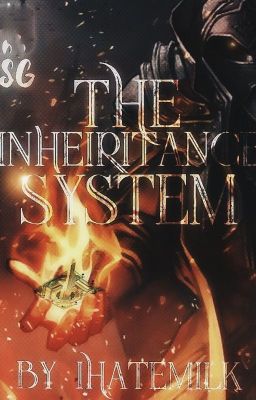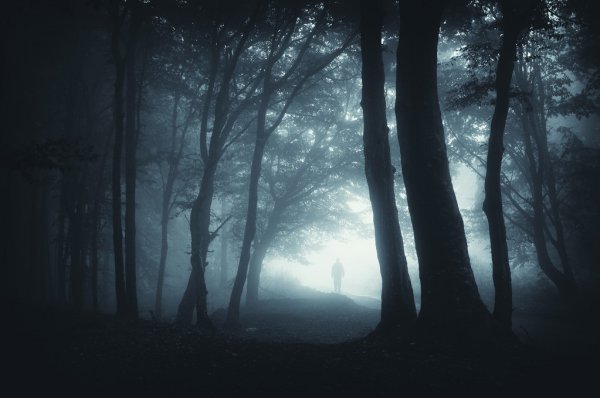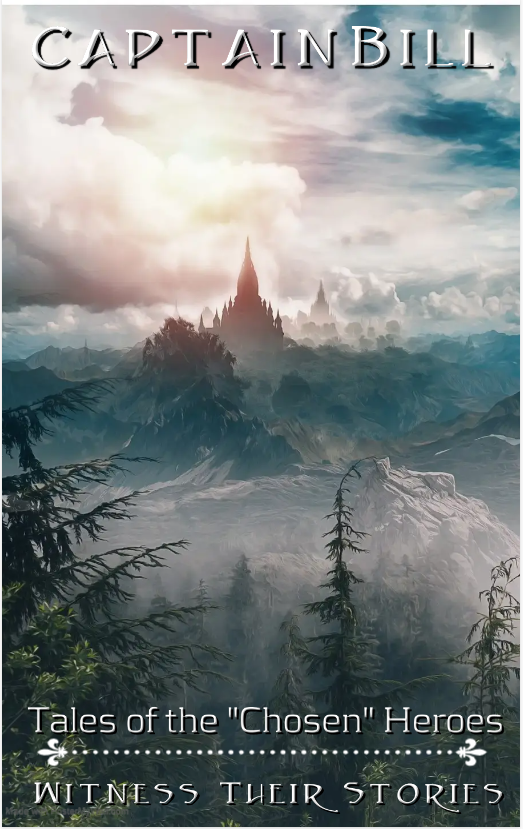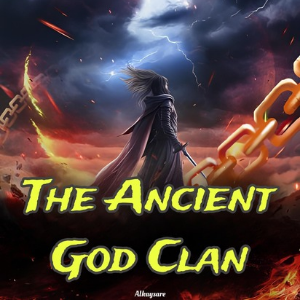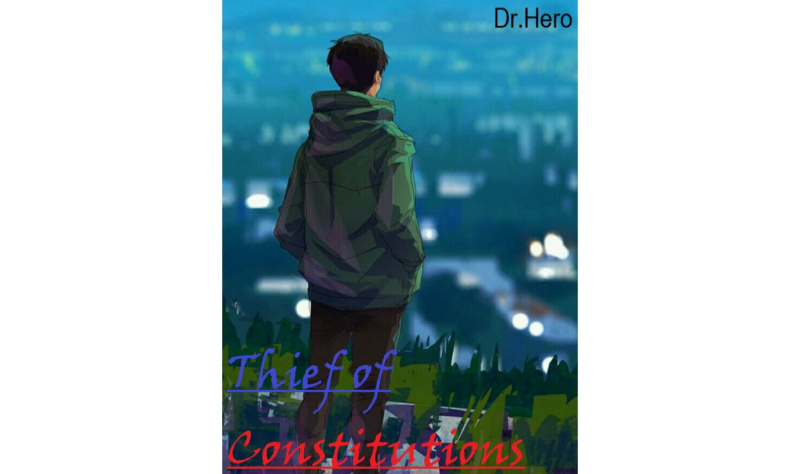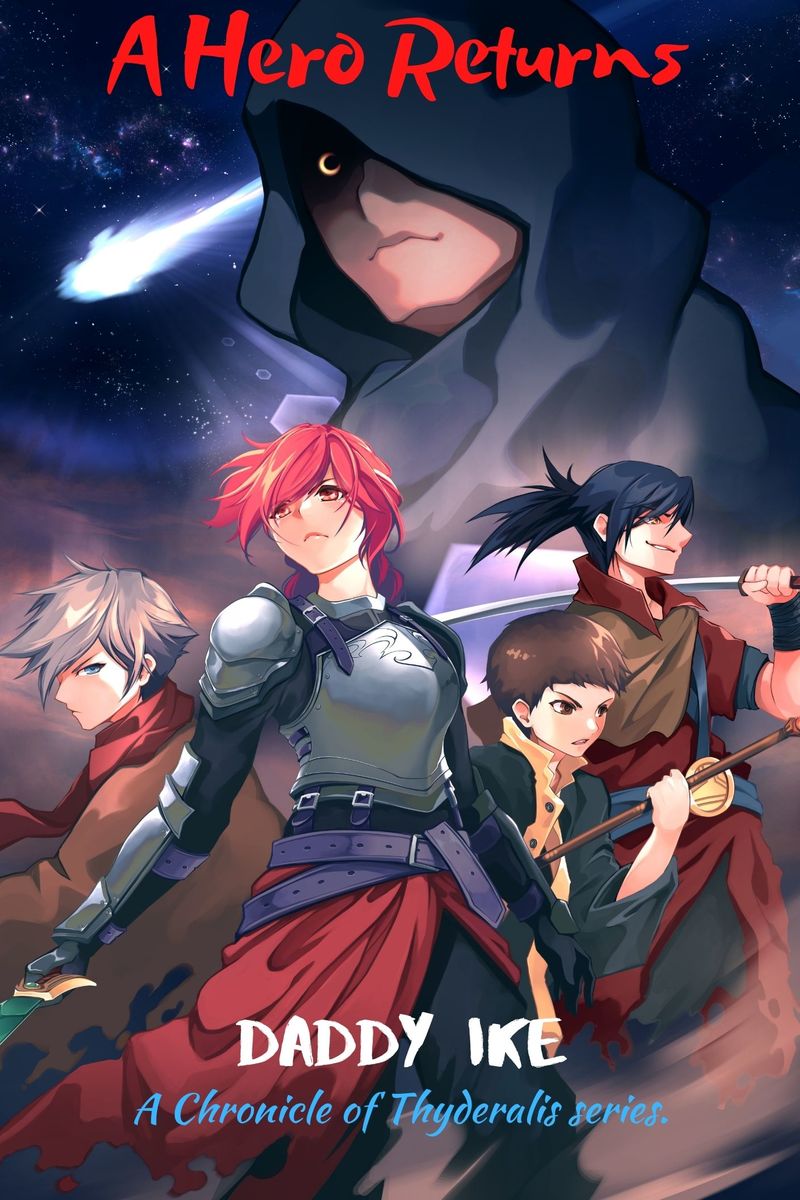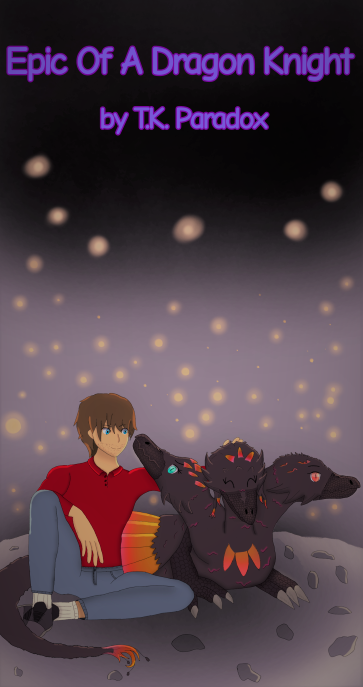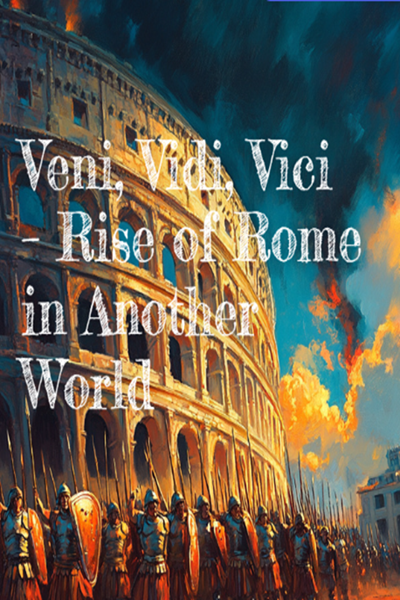Day One of Four
Arce Caelesti marked a wondrous sight in the Kingdom of Suntaria; it represented quality above all else, with several areas dedicated to the betterment of the Godvildian people. Smiths gathered at the Vulcan-blessed forge of Arce Male, while the soldiers trained within Arce Bellum, the domain of Murugan – a deity of war from the Hindu pantheon. But there existed another structure, complex and far beneath the early floors.
It summoned those of a forgotten time, remnants of an extinct race, with abilities that bordered on the supernatural. Some called them inheritors, specific to the Asuran Empire, men and women with an odd elemental affinity – shadow-based. That’s what it was, Arce Umbra – a home for the Godvildian-raised demonkind. Whispers spoke of assassins, perhaps spies or scouts even, a branch of the Godvildian military under Akshay Bahrain’s direct command.
Spread across the World of Transition, they walked amidst commoners, nobles, and soldiers alike. On rare occasions, they would surface, to provide aid, only to fade into the darkness once more. At the time, Shadowmere ranked as one such occasion. They observed the developments from afar, assigning some to the field for the sake of a more thorough investigation.
“What do you think this is, Ser Kain?” one of them asked.
Cloaked in what masked his presence, Kain watched something odd transpire. It had changed, the atmosphere around Shadowmere – distorted, or perhaps corrupted even. On closer observation, Kain noticed a thin, red veil; an aeter-made net meant to lure and collect soul-fires.
But the oddity, that was in the soul-fires’ transformation within the veil. Some of them disappeared under pressure, but the rest – they altered, losing their purity to blackness, to depravity. They fell from Aeterna’s grace and reached into the abyss instead, morphing into something else entirely. It took shape, some as soldiers with weapons, and others as those with mounts – armoured and disciplined. Kain gulped at the sight, and more so at the thought of meeting them at war.
“I’ve appraised the army,” said Kain, slowly. “But I can’t seem to believe it, an army of the undead.”
“It’s not something we haven’t faced before,” added another subordinate. “The incident at the Bridge of Souls should offer us optimism, given our victory against the odds.”
“It’s different this time, I’m afraid,” said Kain. “What I see is an army of the Elder Undead, thousands and with no end in sight. This isn’t a war, Goodwin. It’s preparation for a massacre.”
***
Mel Ficarum was a region of former supremacy, once equal to the Godvildian might. With a versatile army and sophisticated agricultural methodologies, it ranked as a place of harmony, blessed by the touch of fortune. But within its trail of greatness, whispers of misfortune followed; many called it the Great War, the kind that weakened the region into irrelevancy.
It started with the fall of the Noxun King, a wound that cracked into the pride of Mel Ficarum and its people. In time, the economy collapsed as well, under constant stress from Godvildian opposition. As the region shrank territorially, several of the Noxun people retreated to the capital city of Noctis, amidst indecisive leadership and internal strife.
A place of historical significance, Noctis stood as the only city to have never succumbed to Godvildian pressure. Elementalists attributed the legend to Caradus Castle and its ability to erect aeter-made barriers against those of hostility.
“It’s strange, for me to have remembered the past at this hour,” said Escanor, of a time fresh within the hearts of the Noxun people. “I recall the period to be rather tiresome, to say the least.”
Escanor gently displaced the mug in front of him, swirling the contents inside. His eyes shifted to the man in his company – shrouded in obscurity, and with a book in hand.
“True,” agreed the man, taking a seat beside Escanor. “But we wouldn’t be here if not for the war; there’s always an opportunity for those in power.”
“Yes, the political change,” said Escanor. “With the fall of the monarch, the people elected those most capable of leading them.”
“And us to lead their armies – the two most prolific heroes of the time,” added the man. “A wise decision, indeed.”
Escanor paused to pour his visitor a drink. He slid the mug over the man’s side and later returned to his seat. After a moment of silence, the Noxun Grandmaster continued the conversation, “It’s an odd time, I know. But there is a matter that requires urgent discussion.”
“I have received word from the leaders already,” said the man. “As far as I know, you had resolved the matter quite adequately in our previous meeting with the Relictan Lords.”
“And I agree,” said Escanor, with a nod. “But his awakening, it frightens our people. Some fear his return to the throne, and there are whispers of those who wish it within our ranks.”
“For the person who turned all of Mioverold against the Noxun?” asked the man, curiously.
“I still believe that it might work in our favour,” said Escanor. “What I fear is his volatility, and my inability to defend against it.”
“It’s strange to hear you say that.”
“You haven’t fully read the reports, then,” said Escanor. “There’s a growing army in Shadowmere, an army comprised fully of Elder Undead. It is not something any of us can defend against.”
“How is that even possible?” asked the man, gulping as he did. “I don’t think I’ve ever seen even you cultivating more than a handful at a time.”
“He’s somehow managed to initiate a trade with the underworld,” explained Escanor. “For every Elder Undead, he offers a soul-fire led into depravity. It’s clever, but not something I’m too comfortable with myself.”
“And why is that?”
“Soul-fires can’t be guided into depravity without interference; as pure as they are, you would require them to merge with your own soul momentarily,” said Escanor. “The amount of lifeforce it would take to do that, think about it. Even under normal circumstances, you don’t want a soul-fire passing through you. But to have them unite with your soul to tear away at it at the cost of your own? It’s simply impossible.”
“And yet he has an army,” said the man, mildly frustrated. “An impossibility made possible, that does sound like him.” He paused, before adding, “What are the chances of an invasion?”
“It’s best we prepare regardless of the odds,” said Escanor, with a sigh. “An invasion should prove to be difficult given the presence of Caradus Castle. But if it comes to that, we just might have to swallow our pride and ally with the Godvildian people.”
“Or hope that the Relictan method to control him functions as desired,” said the man, stifling a laugh. “Not that it’s possible.”
***
Wraith Woods creaked with an odd sense of achievement. It extended well beyond Terra Fortress, an army with some of the finest soldiers under Relictan banners.
Jacquelyn, having recovered from her injuries, commanded the larger of the two legions assembled, including those that had once pledged allegiances to Rahu and Ulric. At a distance, she noticed the man in command of the other legion – poised and with sharpened focus. The latter stood clad in armour meant for those with a preference towards agility, of a light colour, and with a bow, but no arrows. Jacquelyn later turned away from the man, looking toward the top of Terra Fortress instead. There, for merely a moment, she caught sight of the Relictan Overlord.
Caesar retreated to the comfort of his chair. He rested his arms atop a table and viewed the map in front of him. It covered a significant portion of the Godvildian region, enough for everything he had set in motion. With a sigh, he turned his gaze to the side of the table, and more specifically – the shards that rested atop of it. Three in totality, the objects shone with purpose, cloudy and through a transparent frame. On closer inspection, Caesar found the aeter formula that governed the shards – complex and foreign in its structure.
“You didn’t die in vain, Ulric,” thought Caesar, reminiscent of his comrade. “I’ll see our vision through to the end, with my strategy and your methodologies, this I promise.”
“I sense a strange power, Caesar,” whispered a voice, from the shadows. “You might as well entertain me, given that you have forced me away from the fun.”
Caesar turned to address the person behind him – a tall, but abnormally thin man, attired in armour made of reptilian scales.
“Orm Anguis, you actually stayed,” said Caesar, with a smile. “I didn’t expect you to recover as quickly as you did.”
Orm Anguis bowed, a man often described as someone with an indecipherable mind. He unstrapped what appeared to be a long scythe from his back, and sat across from his Overlord. With a shrug, he gestured toward the shards in hope for more information; an uncomfortable stare aided all the more by the madness in his eyes – white, and almost salt-like in its colour.
“What, why would I ever sulk about losing command over one of the legions?” said Orm, with a laugh as dry as desert sand. “I get to be here, after all, next to good Caesar – the Overlord.”
“Your soldiers’ presence here, it’s essential,” said Caesar. “I ask that you not complain too much.”
“Well, you’ll have to choose then, good Caesar,” said Orm. “You either tell me about those magnificent-looking shards or set me free to satiate my desire for carnage.”
Caesar stepped away from the table and walked towards the nearest window, armed with two of the three shards. He called Orm to his side and broke the objects in his possession. The aeter leaked, violent in its transformation into something sharp. It hovered for a moment, both projections, and then soared into position – one for each legion. In time, the space – in front of the armies – distorted, shutting away access to the outside world. As the magic spurred towards completion, the soldiers transformed as well, taking ethereal shape, before disappearing entirely.
Orm clapped at the sight, thoroughly amused by whatever it was he witnessed. He then eagerly turned to Caesar, demanding an explanation.
“They’re relics from when the High Humans still walked among us; impossibly rare,” revealed Caesar. “It was offered to former the lords as payment for a job several thousand years ago, but without any instructions.”
“Yes, I never did quite enjoy a High Human’s sense of humour,” said Orm. “But what does it do; better yet, how did you manage to restore its functionalities?”
“The relics function as transporters; each shard allows for the recording of a location and widescale transportation to the same,” explained Caesar. “Its formula is designed to break and bind the physical body with lightning-based aeter, allowing for instantaneous transportation. As for restoring its functionalities, that was all Ulric.”
“You should have protected him better, Caesar; it’s a shame he’s dead,” said Orm. “And what of the toll? I don’t recall the existence of any lightning-based Elementalist with such an ability.”
“You’re right, but as fast as they are, lightning-based Elementalists are restricted by the limitations of the physical world,” said Caesar. “The relic impacts its users’ as well, breaking the physical body into something more ethereal for transport; the reconstruction takes place at the destination.”
“Rather ingenious,” praised Orm. “And where have you transported them?”
“Jacquelyn has been moved to Raskas, an important port-city under Godvildian governance. I’ve directed the other to Minerva, another place of high economic value to the Godvildian people.”
“The armies won’t reach in time,” said Orm, trembling with excitement. “There will be so much blood; I wish I could’ve taken part!”
“As disappointing as this might sound, Orm, there will be no bloodshed.”
“What?” said Orm, with a bored expression on his face.
“I merely intend to create an illusion,” admitted Caesar. “In a way, I’m holding the cities and its people hostage. The Godvildian armies will move, and rather slowly at that. With their forces spread apart, there will be little resistance at Shadowmere.”
“Seeds of chaos; you seem to have thought this through,” said Orm. “But what if the Pillars decide to sacrifice both Raskas and Minerva to prevent the awakening; you don’t save two trees at the expense of an entire forest.”
“I’ve considered the possibility,” said Caesar. “And it is the most logical choice given your explanation, but it is a choice the Godvildian people won’t make. The Pillars stand at the apex of this world; they’re a symbol of hope to their people. This choice, it will weaken their authority; people would lose trust.”
“Humour me though,” pressed Orm. “What if they did make the logical choice?”
“It will be difficult to stop the awakening nonetheless,” said Caesar. “There’s an army of Elder Undead protecting Shadowmere presently.”
“A game without victory,” said Orm, with a smile. “Good, good, Caesar. I don’t regret staying here with you anymore.”
“All for our people, Orm,” said Caesar. “All for our people.”



